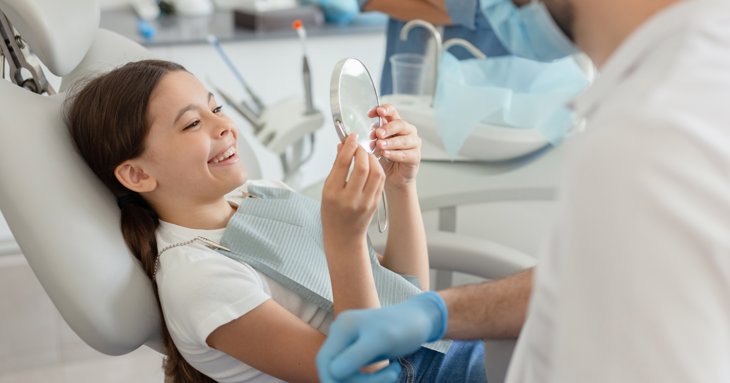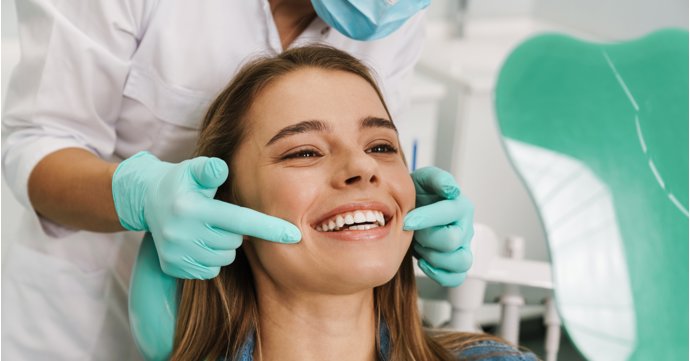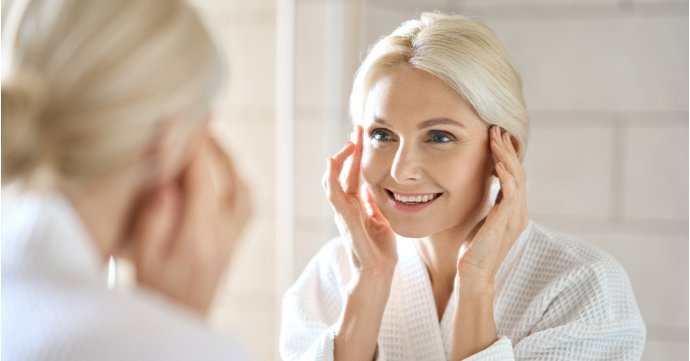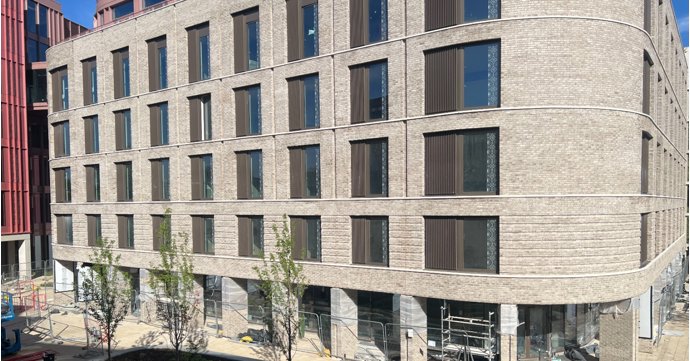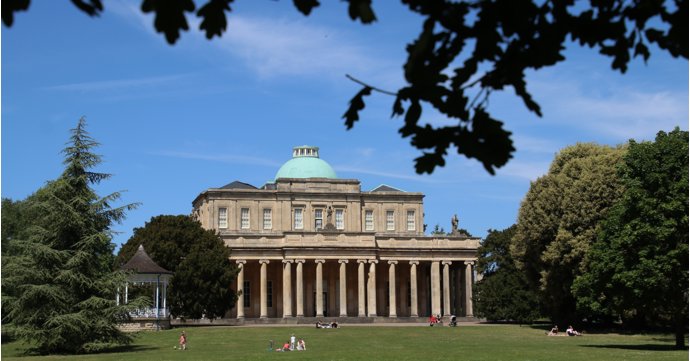Dental check-ups are important for maintaining a healthy body and good mental health but what you might not realise is that rather than just looking at your overall oral health, a hygienist is specially trained to look at your gums and the underlying bones, helping to pick up on crucial signs of disease and catching potential issues early.
SoGlos caught up with Helen Pritchard, a hygienist at Affinity Dental Care & Implant Centre in Gloucester, to find out exactly how we should be taking care of our teeth.
What is your background and training?
After completing an undergraduate science degree at the University of Bath, I went on to pursue a career in dentistry at Cardiff University. I successfully acquired a Diploma of Higher Education in Dental Hygiene in 2009. From there I gained experience in my home county of Cumbria before making the move to Gloucestershire to set up my own home. I joined the Affinity team in 2011 and have been delivering dental hygiene care there for over 10 years.
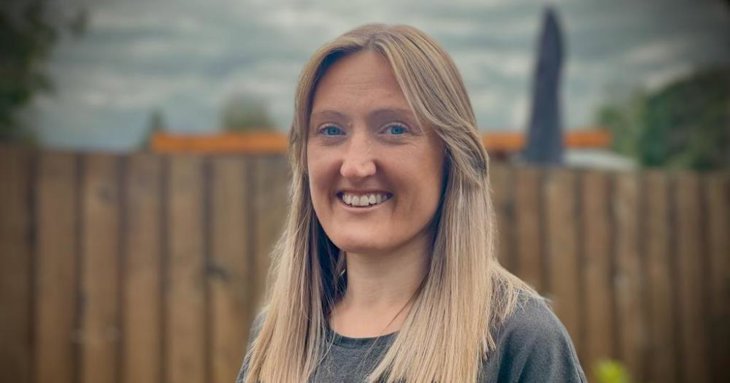
Why is it important to see a hygienist?
While a dentist assesses your complete oral health with specific focus on the integrity and function of teeth, a hygienist is specially trained to look after the health of the gums and underlying bone — the supporting structure of the teeth.
Most oral disease, including gum disease, is caused by plaque. Plaque is a sticky film of bacteria that builds up on your teeth, gums and tongue. If plaque is not removed daily it can harden into calculus or tarter which cannot be removed at home. A hygienist's role is to treat gum disease by optimising your oral hygiene routine and removing any calculus deposits that are preventing you from doing this.
And as well as treating gum disease, having a hygienist appointment can remove stains from your teeth keeping them looking and feeling fresh.
What can a patient expect at their first hygienist appointment?
First, we would have a consultation where the patient will be made to feel at ease and have a chance to explain any concerns they may have. Then comes what we call 'optimisation', which is central to all oral care — we want to teach you how to clean the plaque in your mouth away as best you can at home. I do this using a plaque-disclosing solution. This is quick to apply to the teeth with a cotton bud and makes the plaque visible. I then match and show the patient specific teeth-cleaning products and techniques that are suitable and effective for them.
Next comes the assessment — this is where a dental probe is used to gently probe the gum line to see how healthy it is. A treatment plan can then be devised for your specific needs. Then, following a discussion about my assessment, it is very likely that treatment will start. This will involve polishing the teeth to remove soft plaque and using instruments called scalers to remove more stubborn deposits.
And the final step of the hygienist appointment is for the patient's 'recall', where a decision will be made as to when they need come again.
How many times a year should we see you?
Most patients would be advised to visit their hygienist at least twice a year — the length between visits would be specific to your needs.
What are the most important things people can do to look after their teeth?
We always say to aim for a gold standard oral hygiene routine. This includes: cleaning your tongue; cleaning in between teeth with dental floss or interdental brushes; toothbrushing gently and thoroughly for two minutes; spitting the excess toothpaste out and not rinsing (if you like to use a mouthwash then use it at a different time of day); only drinking water, milk or sugar-free non-fizzy drinks between meals (tea or coffee with no added sugar or syrup is fine but may stain over time); and keeping sugary treats to straight after mealtimes.
Does a patient need to be referred by the dentist to see a hygienist, or can they book themselves?
Hygienists can see patients without a referral from a dentist. This is called Direct Access. It varies as to whether a dental practice or hygienist offers Direct Access so just ask. I do, but I’d always recommend seeing a dentist for a full dental examination twice a year.
Do children need to see hygienists too?
In my opinion, it’s a good idea, especially older children who are starting to get their permanent teeth. The earlier good oral hygiene habits are established the better — prevention is better than cure.
What advice can you give to parents for looking after their children’s teeth?
As with adults it’s mainly about oral hygiene and diet. Be aware of hidden sugars in food and drinks — most labels show the sugar content clearly now. The advice above is relevant here too: drink water, milk or sugar-free non-fizzy drinks between meals and keep sugary snacks to straight after mealtimes. Kids love to snack, so try and provide sugar-free options such as crackers, breadsticks, cheese and vegetable sticks.
Brush teeth twice a day, including last thing before bed, with a fluoride toothpaste; and look for a toothpaste with a fluoride content of 1000ppm or higher. Adult toothpaste is fine but for children under three years old, use a grain of rice sized or smear of toothpaste; and for three years and over, use a pea-sized blob.


